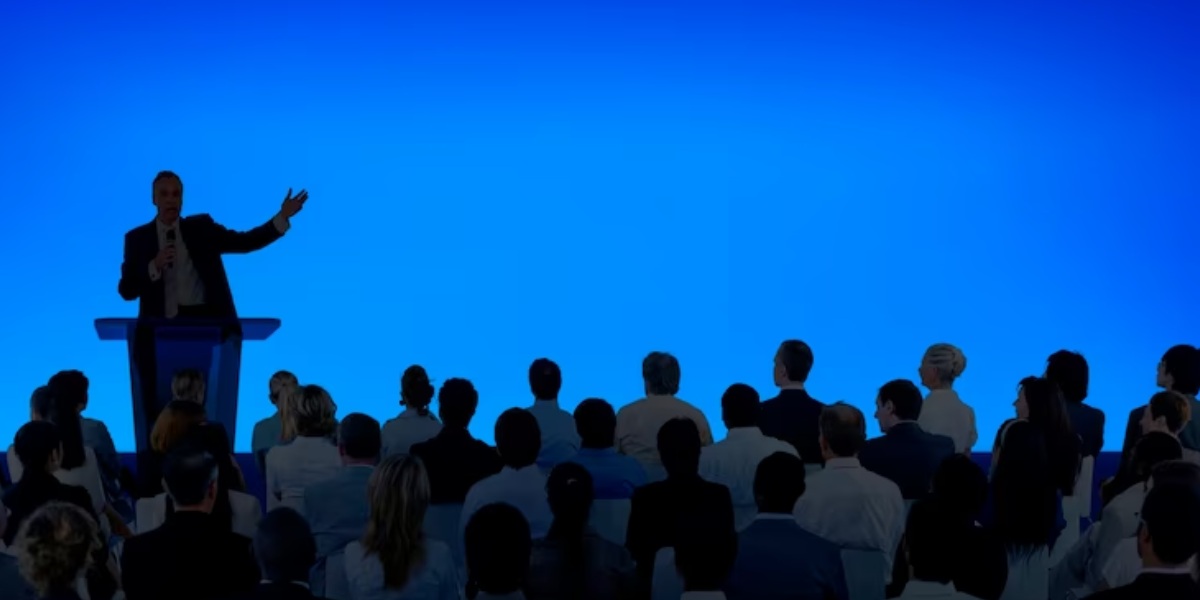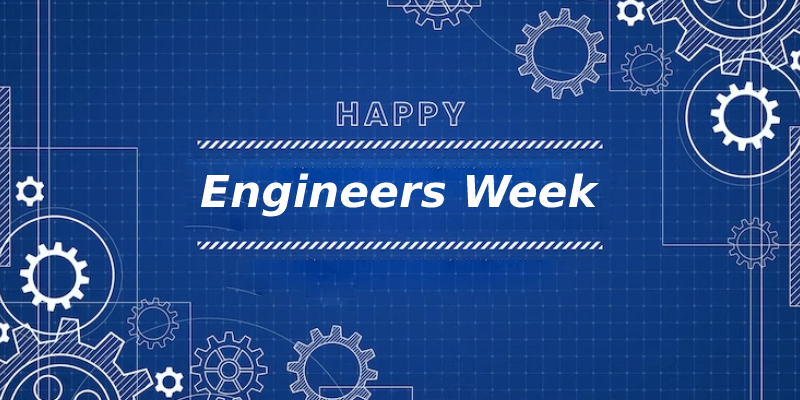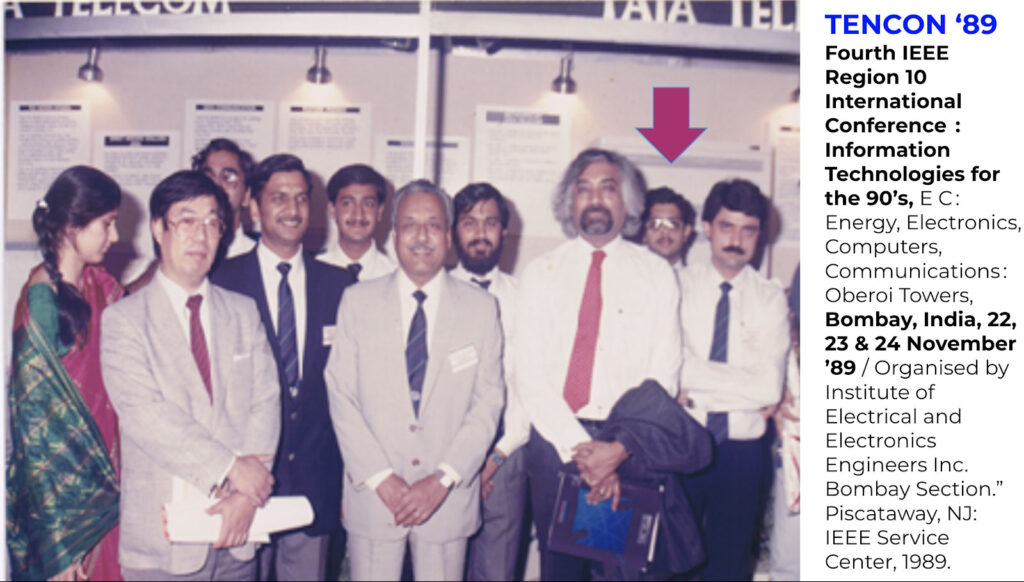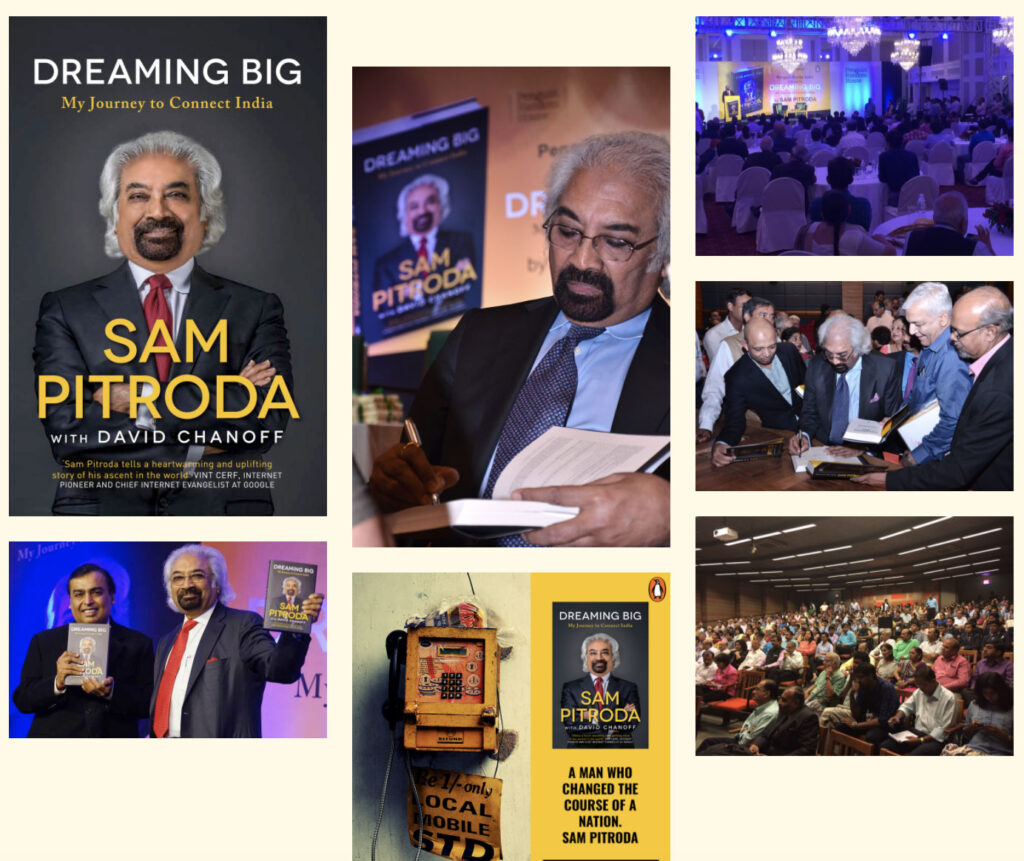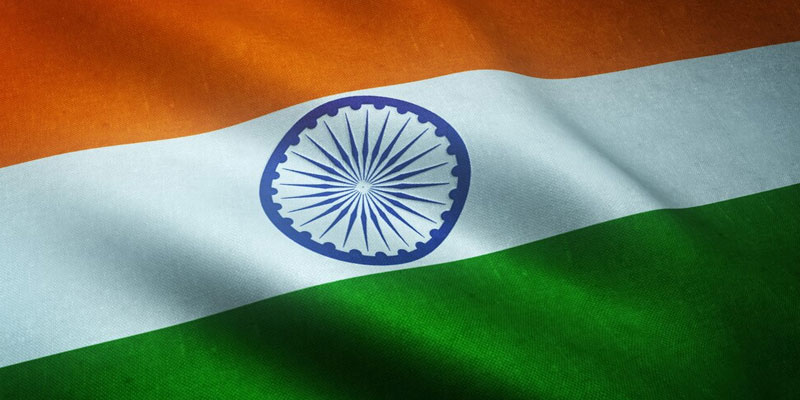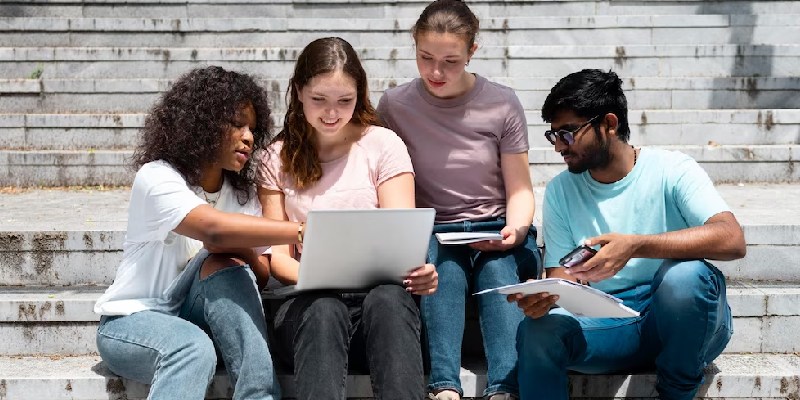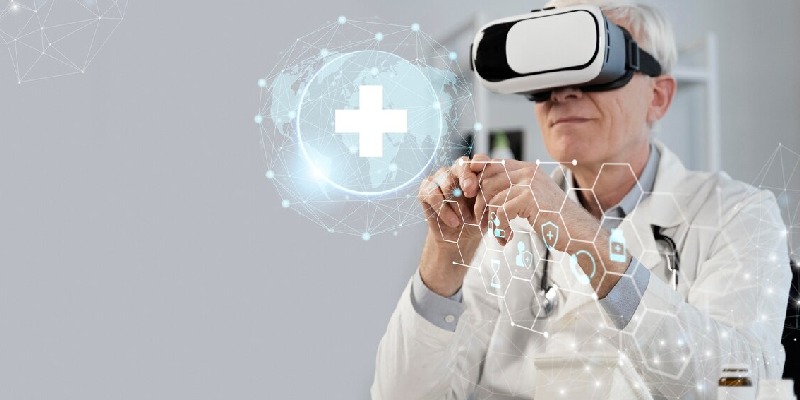The only thing constant in our lives is change and with the turn of the year, a new ASEI Board took shape and we have pledged to make a difference. We did not let the pandemic driven crisis go to waste and launched our social media and digital efforts . Building on the momentum from our recent 33rd National Convention held virtually, with fresh ideas and new vigour, our 2021 Annual General Meeting with Chief Guest UC San Diego Chancellor Dr Pradeep Kosla kicked off ASEI’s 2021 activities and initiatives into high gear.
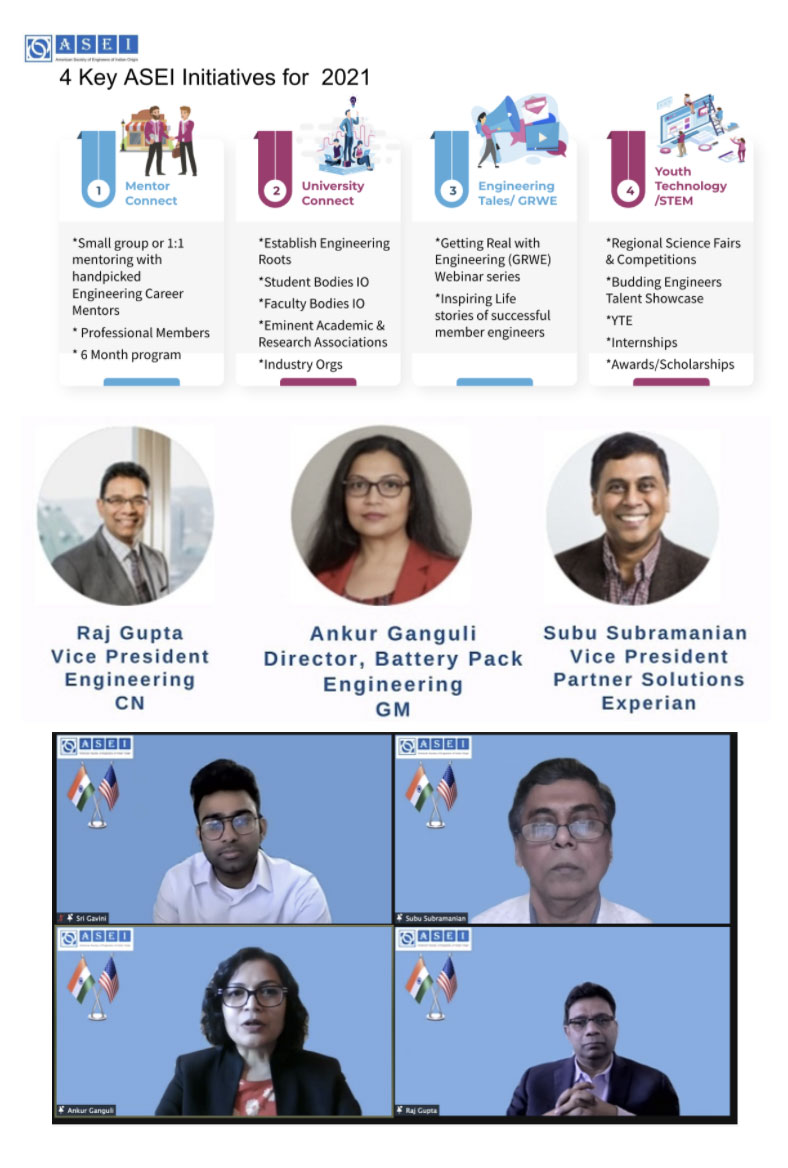
The four Pillars of our strategy are:
1.MentorConnect (1:1 Mentoring with Engineering Executives)
2.UniversityConnect (Connecting with Indian origin Faculty and Students across Universities & Affiliation with Engineering and Sciences Bodies)
3.KnowledgeSharing (Engineering Tales spotlight series on exceptional ASEI members & Getting Real with Engineering Webinars)
4.Youth & STEM (Continue programs like Scholarships, Science Fairs and Youth Technology Exposition)
On Feb 27th, we had a launch event for Mentor Connect where ASEI Treasurer Ram Ramanujam kicked off with introductions and Sri Gavini moderated a panel discussion with 3 seasoned engineering executives Raj Gupta, Subu Subramanian and Ankur Ganguli shared lessons from their respective creer journeys. MentorConnect is a unique member benefit available for Free to all ASEI student and professional members. Registration is open now till March 21,2021
*** Post by : Piyush Malik , ASEI President *** Picture Credit: Divya Ashok, LifeMember ASEI Silicon Valley ***

